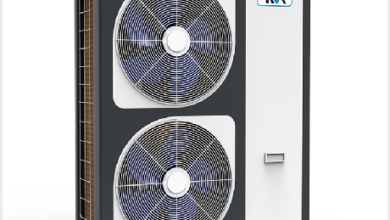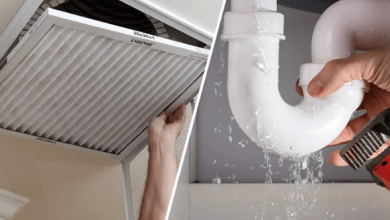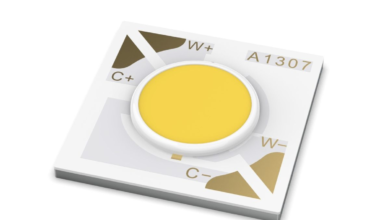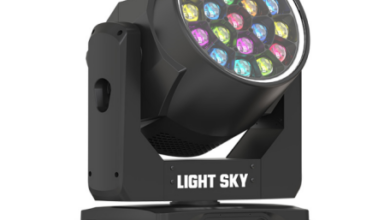What Are Polymer Capacitors?
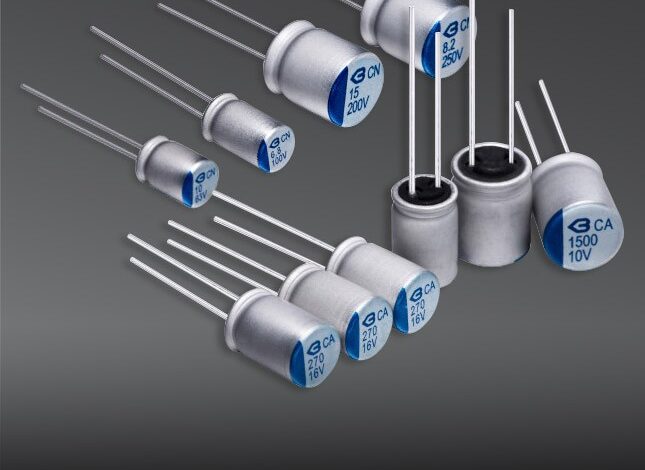
If you’re like most people, you probably don’t think of capacitors very often. But chances are, they’re in almost everything you use every day—from your phone to your car. And if something goes wrong with them, you can count on them to cause a lot of damage. Fortunately, capacitors are getting smarter all the time, and that means they’re becoming more tolerant of abuse. In this blog post, we will explore what polymer capacitors are and how they work.
What are Polymer Capacitors?
Polymer capacitors are capacitors made from polymer films. Polymer capacitors offer a number of advantages over traditional capacitors, such as being lighter and more durable. They also have a longer life expectancy than other types of capacitors.
One benefit of polymer capacitors is their light weight. They are often much lighter than traditional capacitors, making them easier to carry and use in portable devices. Polymer capacitors also have a longer life expectancy, making them ideal for applications where durability is important, such as in industrial equipment.
Another advantage of polymer capacitors is their degradation resistance. Polymer films do not suffer from the same kind of physical degradation that traditional capacitor materials do. This means that they can last longer before they need to be replaced, potentially saving you money in the long run.
Whar Are The Benefits of Polymer Capacitors?
Polymer capacitors are a type of capacitor that uses polymer film as the dielectric material. These capacitors offer many advantages over traditional metal-film capacitors, including increased durability and lower operating temperatures. Polymer capacitors also have a quicker charge time than metal-film types and can handle higher voltage ratings.
One of the key benefits of polymer capacitors is their ability to operate at high temperatures. Because polymer films are less cohesive than metal films, they can withstand higher temperatures without losing their electrical properties. This makes polymer capacitors an ideal choice for applications where heat sensitivity is a concern, such as Laptops and portable electronics.
Another advantage of polymer capacitors is their charge time. Compared to metal-film types, polymer capacitor charges take much less time to reach full capacity. This allows them to handle higher voltage ratings without experiencing any significant performance degradation. In addition, since polymer films are not subjected to the heavy mechanical stresses that metal films experience during charging or discharging, they tend to last longer than metal-film capacitors.
Conclusion
After reading this article, you must have a deeper understanding of polymer capacitors. They have a lot of advantages over the traditional capacitors including long lifespan, quick charging time, light weight and so on. If you are interested in purchasing the polymer capacitors, consider Beryl that has been manufacturing such capacitors for over 15 years and it can provide various kinds of capacitors for you to choose.


